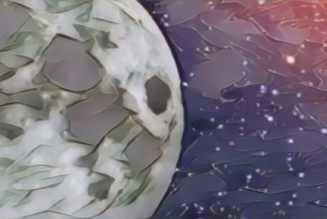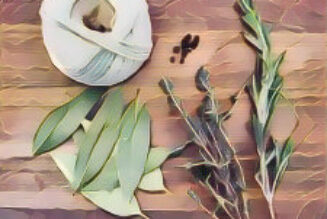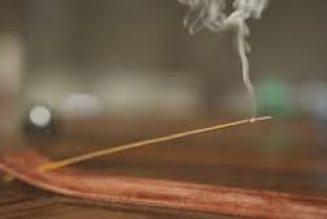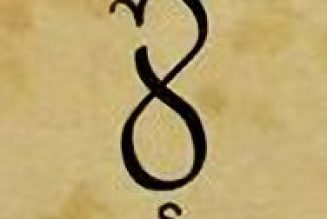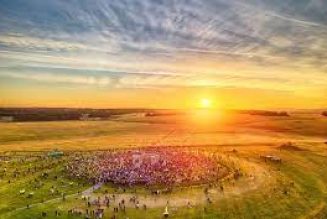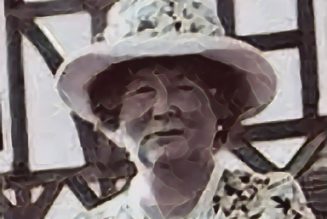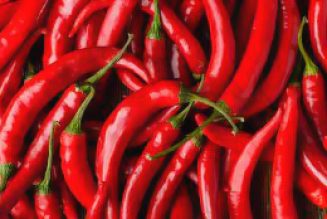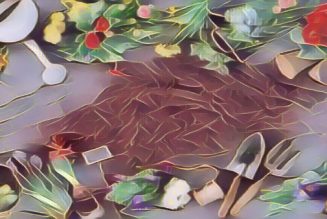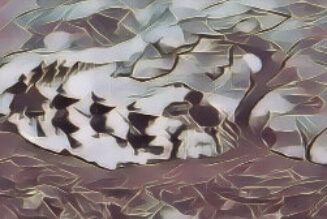Water is a feminine energy and highly connected with the aspects of the Goddess. Used for healing, cleansing, and purification, Water is related to the West, and associated with passion and emotion.
In many spiritual paths, including Catholicism, consecrated Water can be found – holy water is just regular water with salt added to it, and usually a blessing or invocation is said above it. In Wiccan covens, such water is used to consecrate the circle and all the tools within it. As you may expect, water is associated with the colour blue, and the Tarot suit of Cup cards.
Let’s look at some of the many magical myths and legends surrounding water:
WATER SPIRITS
Many cultures feature water spirits as part of their folklore and mythology. To the Greeks, a water spirit known as a naiad often presided over a spring or stream. The Romans had a similar entity found in the Camenae. Among a number of the ethnic groups of Cameroon, the water spirits called jengu serve as protective deities, which is not uncommon among other African diasporic faiths.
For residents of the British Isles, many local bodies of water such as streams and wells were host to water spirits – and often these took on the role of local deity.
Historians say it became a popular custom to toss a bit of silver — coins, pins, etc — into a sacred body of water as an offering to the god or goddess of that area.
DOWSING FOR WATER
Dowsing is the ability to find a water source in a previously unknown area via divination. In many parts of Europe professional dowsers were hired to locate new places to dig wells.
This was typically done with the use of a forked stick, or sometimes a copper rod. The stick was held out in front of the dowser, who walked around until the stick or rod began to vibrate. The vibrations signalled the presence of water beneath the ground, and this was where villagers would dig their new well.
During the Middle Ages this was a popular technique for locating new springs to use as wells, but it later became associated with negative sorcery. By the seventeenth century, most dowsing had been outlawed because of its connection to the devil.
OCEAN BEINGS
The Orkney Islands are the home of a number of fascinating myths and legends about the magical power of the sea. The ocean is the home of Fin-men and mermaids, selkies and sea monsters. In Celtic mythology, a water horse called a kelpie haunts the shores and rivers of Scotland and Ireland.
If you’re planning a trip to the beach, be sure to read up on Seven Ways to Use Beach Magic.
WATER MAGIC AND THE MOON
The moon is tied to the ebb and flow of tides around the world. A phenomenon known as lunar tide occurs during the full and new moon phases – during these phases, the gravitational forces create a very high high tide, and a very low low tide.
Use water for divination by scrying during the full moon.
COUNTRY FOLKLORE
An English rural custom says that a woman who splashes too much water around as she does laundry or washes dishes will be cursed with a husband who drinks to excess.
Spilling water from a bucket on the way back from a well or spring can bring misfortune – unless, of course, you return to the source and make an offering to appease the spirits of the place.
In parts of Appalachia, it is believed that if you dream of crossing water there will be an illness in your family. If your dream includes muddy or stagnant water, then back luck is on the way.
In Hoodoo and other folk magic traditions, vervain is used to make Van-Van oil – this is simply a blend of vervain and a base oil, simmered and strained. This oil is used to provide magical protection, and clear away evil energies.
In many forms of folklore, vervain is associated with workings that decrease lust – however, the scent of vervain is a well-known aphrodisiac.
WATER GODS AND GODDESSES
These are some of the many deities associated with water:
Gong Gong (Chinese)
Llyr (Welsh)
Manannan mac Lir (Irish)
Namaka (Hawaiian)
Neptune (Roman)
Njord (Norse)
Oceanus (Greek)
Poseidon (Greek)
Sedna (Inuit)
Sobek (Egyptian)
Thetis (Greek)
Yemaya (Yoruba)













